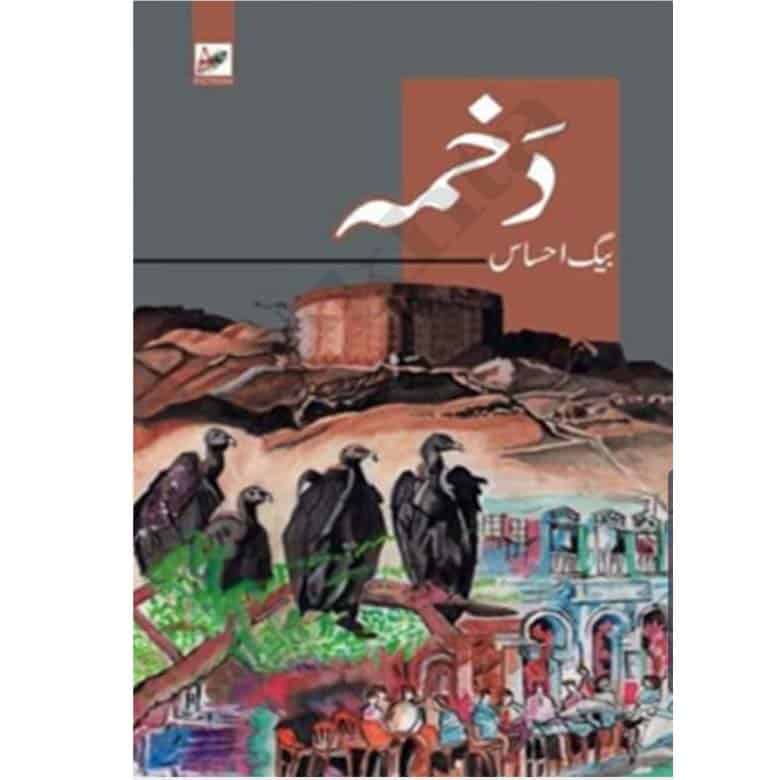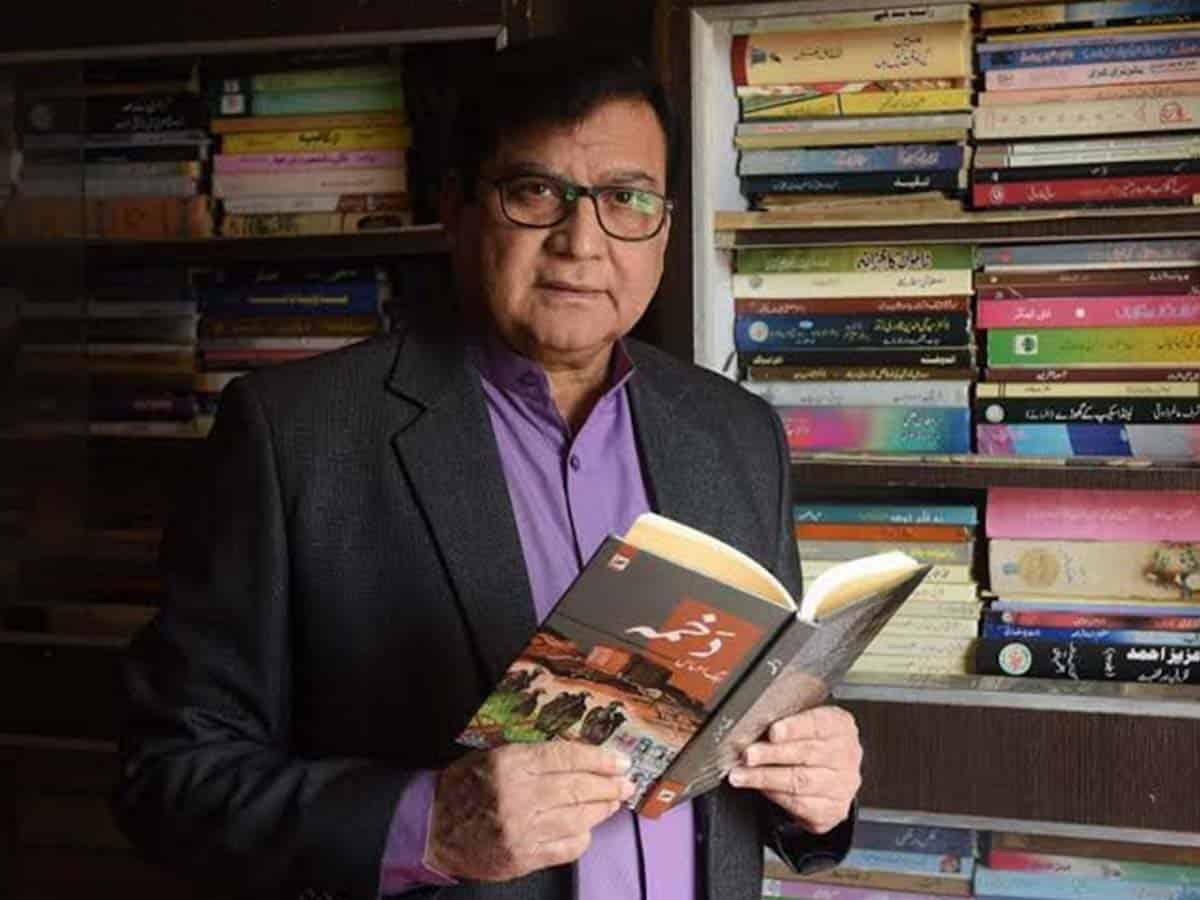Daneesh Majid
Hyderabad: Allahabad University’s Urdu Department has decided to incorporate writer and former Hyderabad Central University’s Urdu Professor Baig Ehsas’ short story Dakhma in their MA programme’s syllabus.
This contemporary story centers around the Parsi community and the last rites which they carry out for the dead on the funerary towers called dakhmas.
The plot also focuses on Hyderabadis who lament the loss of the rich tehzeeb of their city which existed until recently. The short story is part of a 2017 Sahitya Akademi award-winning collection of the same title.
“It is an honor to have this story included in the Allahabad University’s Urdu curriculum alongside stories by other renowned authors like Intizar Hussain, Surinder Prakash and Anwar Sajjad,” mentions Eshas.

Dakhma also chronicles the cultural and linguistic makeover that Hyderabad city received due to the new democratic Indian setup and an influx of migrants from the Andhra region.
Born in 1948, almost a month before Hyderabad’s accession to India, the writer himself has seen the transformation of the city that occurred after it became the capital of the then newly created Andhra Pradesh.
The writer and academic was among the first batch of students from HCU’s Urdu department to earn a PhD for his doctoral thesis on progressive writer Krishan Chander. He also served as the head of the Urdu department at his alma mater Osmania University.
Other distinctions to Ehsas’ credit are the Best Writer’s Award from Telangana state, a Lifetime Achievement Award from the Andhra Pradesh Urdu Academy, the Telangana State Urdu Academy’s Makhdoom Award and most recently the Jashn-e-Adab award for Excellence in Fiction. He is a member of prestigious literary bodies such as the Sahitya Akademi’s advisory committee for Urdu and the Creative Writer’s Panel on the National Council for the Promotion of Urdu Language.
Commenting on “Dakhma,” Ehsas mentions, “The story looks at Hyderabad not only from a Muslim point of a view but a Parsi as a Zoroastrian character grieves not over the loss of the Nizam’s monarchy, but the syncretic and tolerant atmosphere that prevailed during Osman Ali Khan’s rule.”

